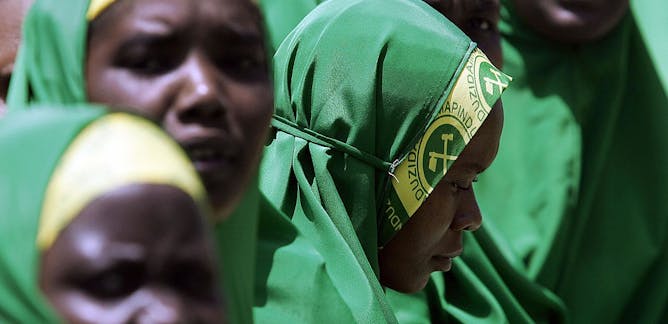
Articles on Tanzania elections
Displaying all articles

CCM and Chadema’s commitments to gender equity start and end with the establishment in each party of a women’s wing.

Electoral reforms are urgent for Tanzania because local elections are scheduled for December 2024.

Despite the relative political stability over the years, Tanzania needs a new constitution to address contemporary challenges and strengthen institutions.

President John Magufuli won a second term by a contested landslide and looks set to take even greater control of Tanzania’s democratic space.

Tanzania’s October poll shows that elections are purely performative for governments which do not adhere to the basic tenets of democracy.

Magufuli took a populist approach in trying to woo voters away from an invigorated opposition, and when that didn’t work he reported to oppressive tactics.

As key opposition members lose seats in their strongholds, it is clear that Tanzania’s ruling party is set to establish a super-majority that will institute a deeper authoritarian agenda.

For all of the shortcomings of Nyerere’s regime, his ideas continue to inspire Tanzanians fighting for a more equal and democratic future, over 20 years after his death.

A united opposition could create enough momentum to unseat incumbent John Magufuli from power.

Good governance and accountability are high on the agenda of Tanzanian President John Pombe Magufuli.
